21st Century Cities Initiative: Year in Review
The 21st Century Cities Initiative (21CC) came to life in 2016 as a new source of research, convening and action on the most pressing challenges facing urban communities. Bringing together diverse stakeholders, performing applied, cross-disciplinary research, and providing policymakers and practitioners with problem solving tools, 21CC supports cities committed to opportunity, inclusion and innovation.
In 2016, our work was organized around the theme of neighborhood transformation and various approaches to “placemaking” in cities.
21st Century Neighborhoods Inaugural Symposium
In September, 21CC hosted an inaugural, national symposium, 21st Century Neighborhoods: Research. Leadership. Transformation. We brought together a diverse group of leaders from 30 cities, including mayors, police chiefs, housing directors and economic development heads; as well as city experts from across the country, including urban scholars, policy advocates, technologists, funders and federal officials. Over a two-day period, we explored the latest research, biggest challenges and boldest solutions for developing and fostering mixed-income neighborhoods, insuring inclusive urban economies, and supporting healthy and safe communities.
A key theme of the symposium centered on the roles of federal and state governments in supporting the work of cities. During the Obama administration, there has been a reimagining of federal-local partnerships. Moving away from the one-size-fits-all approach to federal involvement with local communities, agencies were encouraged to work together, across program and policy areas, to help cities match-up available and appropriate assistance with local priorities and needs. At the symposium, 21CC launched a new playbook for federal and local officials on how to setup and manage these partnerships, as exhibited through efforts like Promise Zones; Strong Cities, Strong Communities; and federal-local task forces in Detroit and Baltimore.
21CC is developing a series of policy briefs highlighting symposium themes. The first brief reviews the challenges cities face when state governments pass laws or executive actions that block local policies. The practice, known as preemption, was raised by mayors and other city leaders throughout the symposium as a serious problem affecting progressive policies intended to benefit city residents, such as increases to the minimum wage, non-discrimination policies to protect LGBT residents, limited enforcement of federal immigration laws by local law enforcement, affordable housing provisions, and utilization of federal dollars.
Exploring Legacies of Redlining in Baltimore City
21CC marked the one-year anniversary of unrest in Baltimore with the Redlining Baltimore community conversations series, a forum to explore geographies of exclusion. The four-part series, hosted by actress and activist Sonja Sohn, brought together hundreds of residents, academics, artists, advocates, students, and civic leaders to examine the historical and contextual origins of what happened in Baltimore in April 2015 and to discuss ways in which 21st century American cities can overcome discrimination and segregation.
To further understand the events of April 2015, 21CC supported several rapid response research projects. Johns Hopkins sociologist Stephen Morgan looked at the so-called Ferguson effect in Baltimore City. In his report, Morgan found that in the period post Ferguson but prior to Freddie Gray’s death, crime did not rise in Baltimore, but certain types of arrests decreased significantly across the city, indicating that, at least in Baltimore, the Ferguson effect did not result in increased crime. Visit our web site to read additional rapid response research informed by the unrest. And, stay tuned for more rapid response research, including a project led by Johns Hopkins sociologist Stefanie DeLuca that interviewed young people in West Baltimore neighborhoods about their reactions to the unrest and broader reflections on their hometown.
Applied, Cross-Disciplinary Urban Research
21CC’s signature research product is the 21CC Applied Research Seed Grant Program. The program supports research bridging two or more disciplines and performed in collaboration with a city partner. In 2016, our seed grants helped launch seven new research projects in Baltimore. These projects are answering a range of key questions affecting urban policy, such as: Can sophisticated data models be used to predict vacant properties and support inclusive revitalization? What does student mobility across city and county school systems look like and what explains the mobility? Are there social determinants and consequences to municipal police spending?
We recently released a request for applications for spring 2017 seed grants to support research that aligns with key themes and policy areas discussed at our national symposium. We will award up to seven new grants supporting interdisciplinary, applied urban research.
GovEx Brings Data Informed Decision Making Practice to 63 Cities
21CC’s partner initiative at Johns Hopkins, the Center for Government Excellence (GovEx), made tremendous strides in 2016 partnering with over 63 cities to build data-driven practices. From public safety to budgets, GovEx worked with cities to:
- Take deep dives to better understand their data;
- Engage residents in solving critical problems related to population growth and infrastructure planning; and
- Train local government employees from Gdansk, Poland, to Mesa, Arizona, in data visualization, appreciative inquiry and putting analytics into practice.
Find out more about GovEx’s work and the team’s favorite 2016 memories in this.
Wishing all our friends and colleagues Happy Holidays and Best Wishes for 2017 in expanding opportunity, inclusion and innovation in cities.
Kathy Edin, Faculty Director, 21CC & GovEx
Ben Seigel, Executive Director, 21CC
Beth Blauer, Executive Director, GovEx





